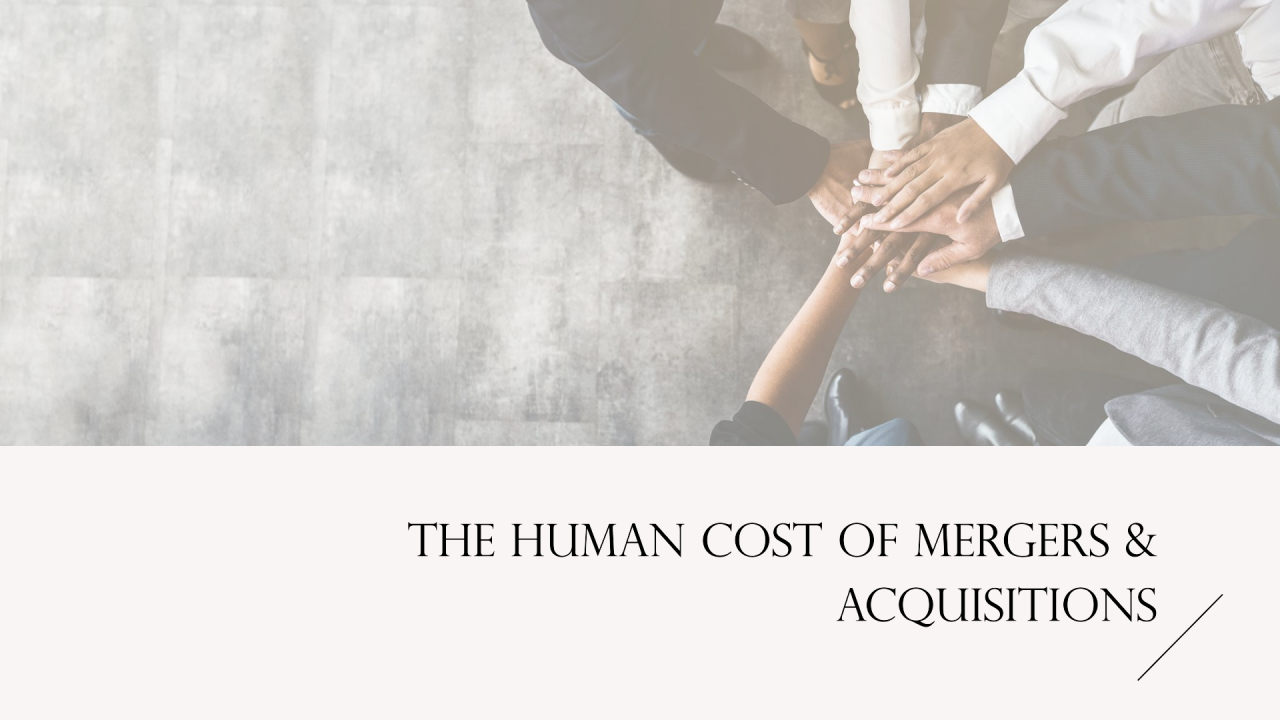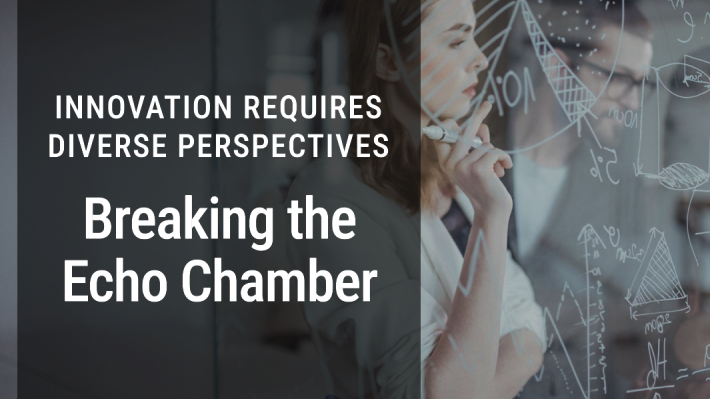

Mergers and acquisitions (M&A) are often touted as strategic moves for growth and innovation. But beneath the spreadsheets and financial projections lies a messy truth: 70-90% of M&A deals fail to deliver on their promised value.
Why? Because companies often overlook the human side of the equation.
The DEI Blind Spot:
Too often, DEI is treated as an afterthought in the M&A process. Companies focus on the numbers, neglecting the human impact of merging two distinct cultures, workforces, and leadership styles. This can lead to a toxic environment where employees feel undervalued, unheard, and disengaged.
The Gen Z Factor:
This disconnect is a dealbreaker for Gen Z, a generation that values authenticity, purpose, and belonging. They're not afraid to jump ship if a company's culture doesn't align with their values. This means that companies with poor DEI track records post-merger risk losing their most valuable asset: their talent.
The High Cost of Failure:
The consequences of ignoring DEI in M&A are far-reaching:
- Decreased Productivity: When employees feel alienated or marginalized, their performance suffers.
- Increased Turnover: Top talent, especially from underrepresented groups, is more likely to leave.
- Damaged Reputation: A botched merger can tarnish a company's brand and make it harder to attract future talent.
- Missed Opportunities: A lack of diversity can stifle innovation and limit a company's ability to adapt to new markets.
- Financial Losses: The costs of employee turnover, lost productivity, and missed opportunities can quickly add up, impacting the bottom line.
A Human-Centered Approach to M&A:
To avoid these pitfalls, companies must prioritize DEI from the outset of the M&A process. This means:
- Conducting a DEI Audit: Assess the cultural differences and potential friction points between the two companies.
- Creating a Joint DEI Strategy: Develop a plan to integrate the two workforces and foster a sense of belonging for all employees.
- Communicating Transparently: Keep employees informed throughout the process and address their concerns openly and honestly.
- Investing in DEI Training: Provide training on unconscious bias, cultural competence, and inclusive leadership.
The Bottom Line:
M&A can be a powerful tool for growth, but only if companies prioritize the human aspect. By integrating DEI into every process stage, companies can create a more inclusive and prosperous future for everyone involved.



